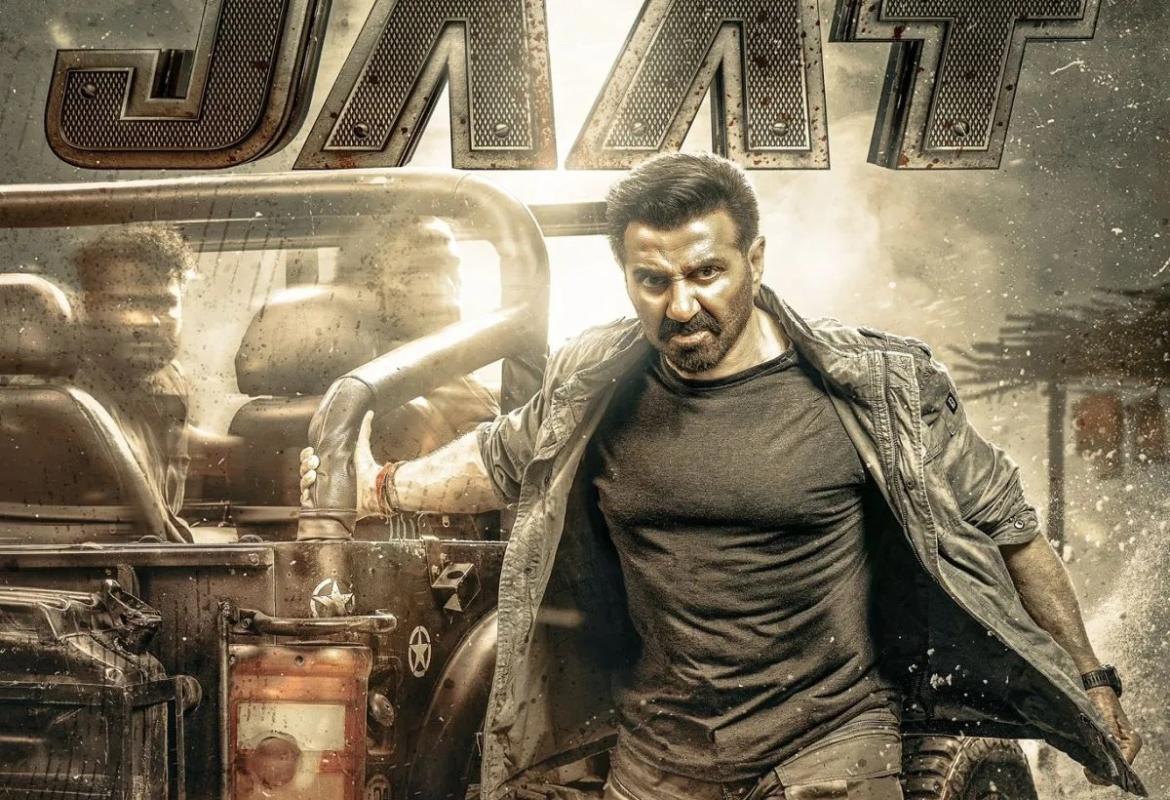Attracting foreign direct investment vital for economic development
Getting adequate foreign direct investment (FDI) of the right types has eluded the country for many decades. While former communist countries like Vietnam have attracted sizeable amounts of FDI, Sri Lanka continues to get an inadequate flow of FDI.
The statistics of the amount of FDI received are flawed as they contain other capital inflows. Even the exaggerated figures are low and inadequate. The country has reached a turning point when the attraction of much higher amounts of FDI is vital to sustain the growth momentum.
Obtaining much higher amounts of the right types of FDI will determine the pace of economic growth in the next decade. Much higher FDI is essential as the country’s investment resources are limited and technological capacities have to be augmented to capture export markets.

